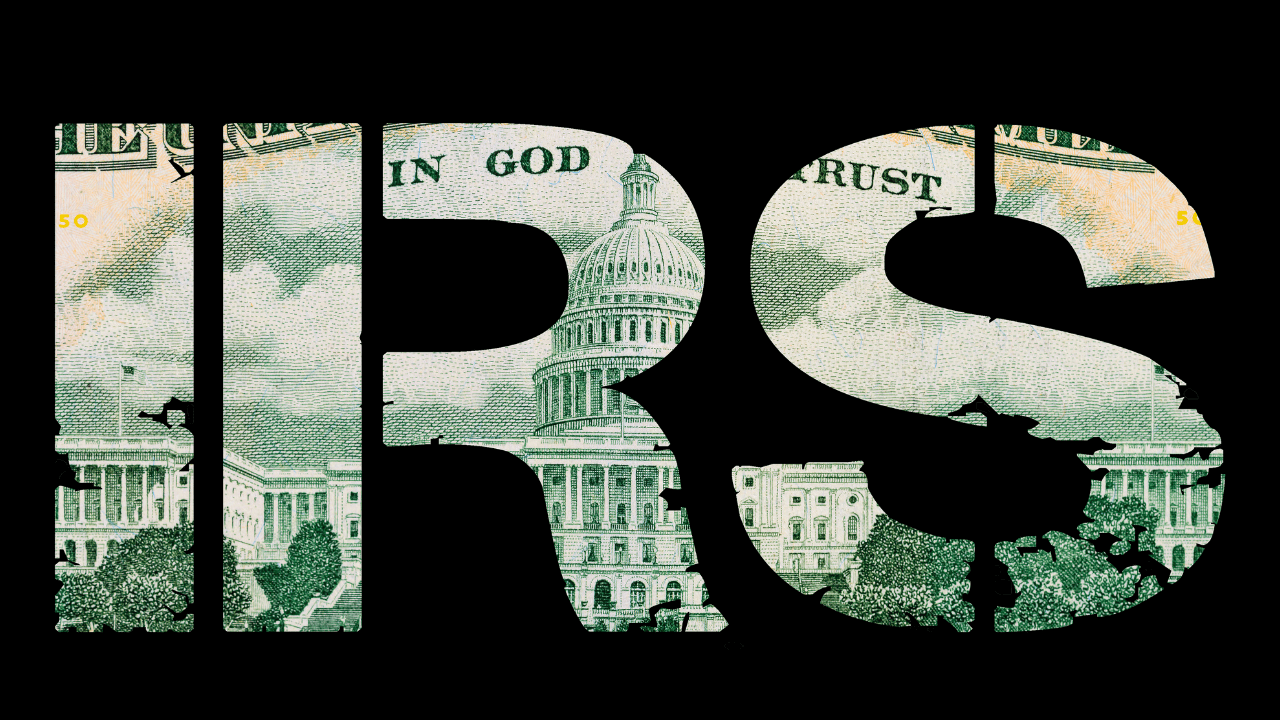Language:
Exploring Tax Credits for Businesses

Of all the tax benefits, tax credits are by far one of the most favored. They’re a simple, straightforward, and valuable opportunity to minimize your taxes without needing to do a whole lot of math. We are sharing details on the difference between tax credits and tax deductions, how to find tax credits for your business, and how to make taxes simpler.
Business Tax Credits Explained
Think of tax credits as incentives offered by the government to encourage businesses to support their community, invest in research, promote job growth, and improve the environment. Let’s break down some common tax terms before going into any more detail:
A tax deduction or a tax write-off is a dollar amount that a taxpayer can subtract from their adjusted gross income so the percentage they have to pay on taxable income is lower.
A tax credit eliminates the taxes you owe dollar-for-dollar.
If you have $100 as a tax write-off, you’re subtracting $100 from your adjustable gross income on your tax returns to create a new percentage owed. If you have $100 as a tax credit, you’re taking $100 off your taxes.
Potential Tax Credit Opportunities
Know the types of tax credits
Non-refundable— a tax credit that can’t exceed the amount you owe and isn’t eligible to credit you a refund
Refundable— a tax credit like the Child and Dependent Care Credit that grants you eligibility for a refund whether it goes over the amount of tax you owe or not
Partially Refundable— a tax credit where part of the payment can be credited, and part of it can’t
(TurboTax outlines great examples of each!)
Also note that there are tax credits available nationally, like through the Small Business Administration (SBA) and Internal Revenue Service (IRS), through your state, and through your locality. Put your research skills to the test to gather a list from each to see which ones you might qualify for.
How to Maximize Your Tax Credits
- Do your research—The only way to find out how to maximize your tax credits and get the support to help you is to take some time to investigate. Research the tax credits you think you’re eligible for and the tax forms you need to fill out, then find a specialist to help you maximize it and file correctly.
- Keep records of your business purchases— There’s only so much you and a tax professional can do if you don’t have the information you need to report. With the proper info, claim correctly once and avoid mistakes and headaches from having to redo forms.
- Join trade associations and organizations that specialize in tax credits— like the Council of Development Finance Agencies, or one in your area like Pennsylvania’s Opportunity Scholarship Tax Credit Program (OSTC).
Types of Tax Credits and Qualifications
Now that you know the three types of tax regulations and whether they’re national, state, or local, let’s see if you’re qualified for them. Here are a few examples of common tax credits for small businesses:
Work Opportunity Tax Credit
What it is: A tax credit that incentivizes businesses that hire employees who might have a difficult time finding a job. The tax credit itself generally allows employers to claim a 40% tax credit from the first $6,000 an employee makes in their first-year wages, which is $2,400, but the size of the tax credit ultimately depends on what category your employee is and how long they’ve worked for your company.
How you qualify: If you’ve hired ex-felons, veterans, food stamp recipients, Supplemental Security Income (SSI) recipients, those living in federal empowerment zones (economically distressed communities), or those who’ve had long-term unemployment.
How to apply: Form 5884
Credit for Increasing Research Activities (Research & Development or R&D Tax Credit)
What it is: A tax credit that incentivizes improving products or processes.
How you qualify: There’s a slew of qualifications for the R&D tax credit, like if you’ve been working to improve the way an existing product works, creating something new entirely or developing a new patent, or experimenting with new formulations. To get started, ask yourself these 4 questions about your product or service to see if you might qualify:
- Does it lead to the creation or improvement of a product, process, or software?
- Is it technological in nature?
- Was there uncertainty about the method, approach, or outcome?
- Was the process experimental in nature?
How to apply: Form 6765
Low-Income Housing Tax Credit
What it is: A tax credit that incentivizes residential rental building owners in low-income areas.
How you qualify: There are 3 ways to qualify for this tax credit:
- At least 20% of your units have tenants with an income of 50% or less of AMI, or the area’s median income
- At least 40% of your units have tenants with an income of 60% or less of AMI
- At least 40% of your units have tenants with an income averaging 60% or less of AMI, and no units have tenants with an income greater than 80% of AMI
How to apply: Form 8586
Solar Energy Tax Credits
What it is: A tax credit that incentivizes businesses, nonprofits, and local and tribal governments to purchase solar energy systems.
How you qualify: There are 2 tax credits available: the Investment Tax Credit (ITC) reduces the federal income tax liability for a percentage of the cost of the solar energy system you’ve inputted within that tax year and the Production Tax Credit (PTC) credits per kilowatt-hour for electricity that’s generated by the solar and qualified system for its first 10 years of operation.
How to apply: Form 5695 for the ITC, and Form 8835 for the PTC.
Make Taxes Simpler
Outsourcing your taxes to a specialist is one of the best ways to simplify tax season and make running your business easier. Work with a doola bookkeeping specialist today to maximize your tax credits and run your business with ease.
FAQs
Do you get a tax credit for starting a business?
There are tax deductions for starting a business, which include $5,000 of your start-up costs and $5,000 of your organizational costs as business expenses in the first year if your start-up costs are less than $50,000.
How does the federal solar tax credit work for businesses?
The 30% solar tax credit allows you to deduct 30% of the cost of your solar energy system from your business taxes as a dollar-for-dollar credit.
Can not-for-profit businesses claim tax credits?
Nonprofits are eligible for certain tax benefits, like being exempt from paying income and property taxes.
Can you claim credit card interest for business on taxes?
Yes, the credit card interest you pay towards your business can be claimed as a business expense.
Can you claim a tax credit for small business loss?
You can claim business losses as a deduction.
Keep reading
Start your dream business and keep it 100% compliant
Turn your dream idea into your dream business.














